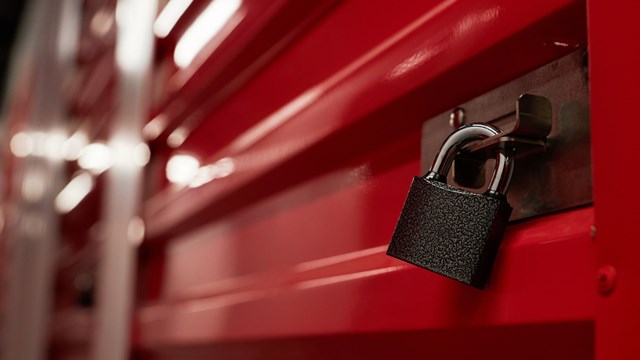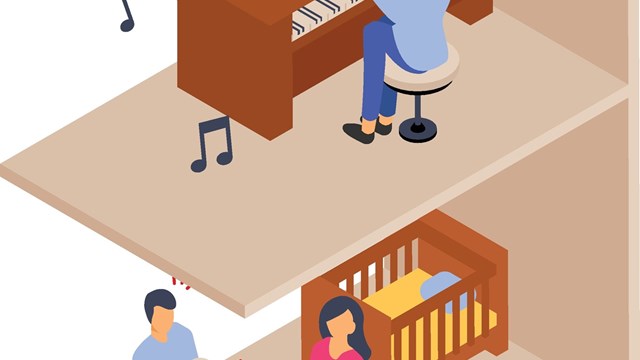—No More Freeloaders
A “Unfortunately, a condominium board cannot block a delinquent condominium unit owner’s access to his apartment unless and until it obtains a Judgment of Foreclosure from the Supreme Court [of New York], the unit has been sold, the court appointed referee has signed off on the foreclosure sale, and the disbursement of sales proceeds to various creditors. The referee’s order is what terminates his ownership interest, and that cannot be issued until the condominium has proved to the court’s satisfaction that it is owed the arrears that it claims,” says attorney Bruce A. Cholst, a partner with the Manhattan-based law firm of Rosen & Livingston.
“Moreover, before the referee can sign such an order, the court has to sort out the delinquent owner’s other creditors’ rights and determine which of these creditors (i.e. the mortgagee and government taxing authorities) may, by law, have priority over the condominium. After all other priority claims have been satisfied, if there are any funds left over from the sales proceeds they will be applied to the condominium’s arrearage. This process often takes 12-18 months after the foreclosure action has been commenced.
“Depending on the condominium offering plan language as to the use of any building amenities, such as health clubs, swimming pools, putting ranges, community rooms, etc, the board may be able to block delinquent unit owners’ access to such amenities pending resolution of his arrearage. Moreover, in the event the unit owner is renting his unit, and the renter refuses to comply with any notice that the condominium may send requesting that he pay his rent to the board, so that it can be applied against the unit owner’s arrearage (as the Condominium Act allows), the board may apply to the Supreme Court for an order appointing a receiver, who will have the legal power to collect rent from the owner’s tenant and apply it to the arrearage. Or if the unit is vacant, to rent it and apply the rent collection to the arrearage.”







Leave a Comment